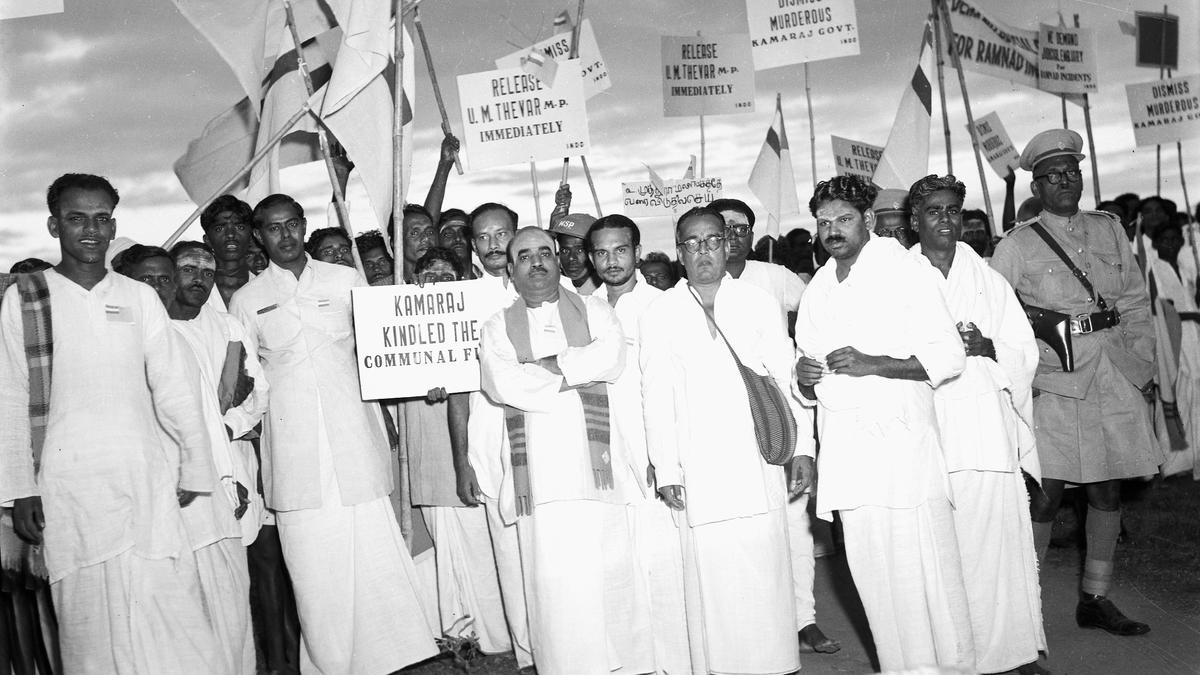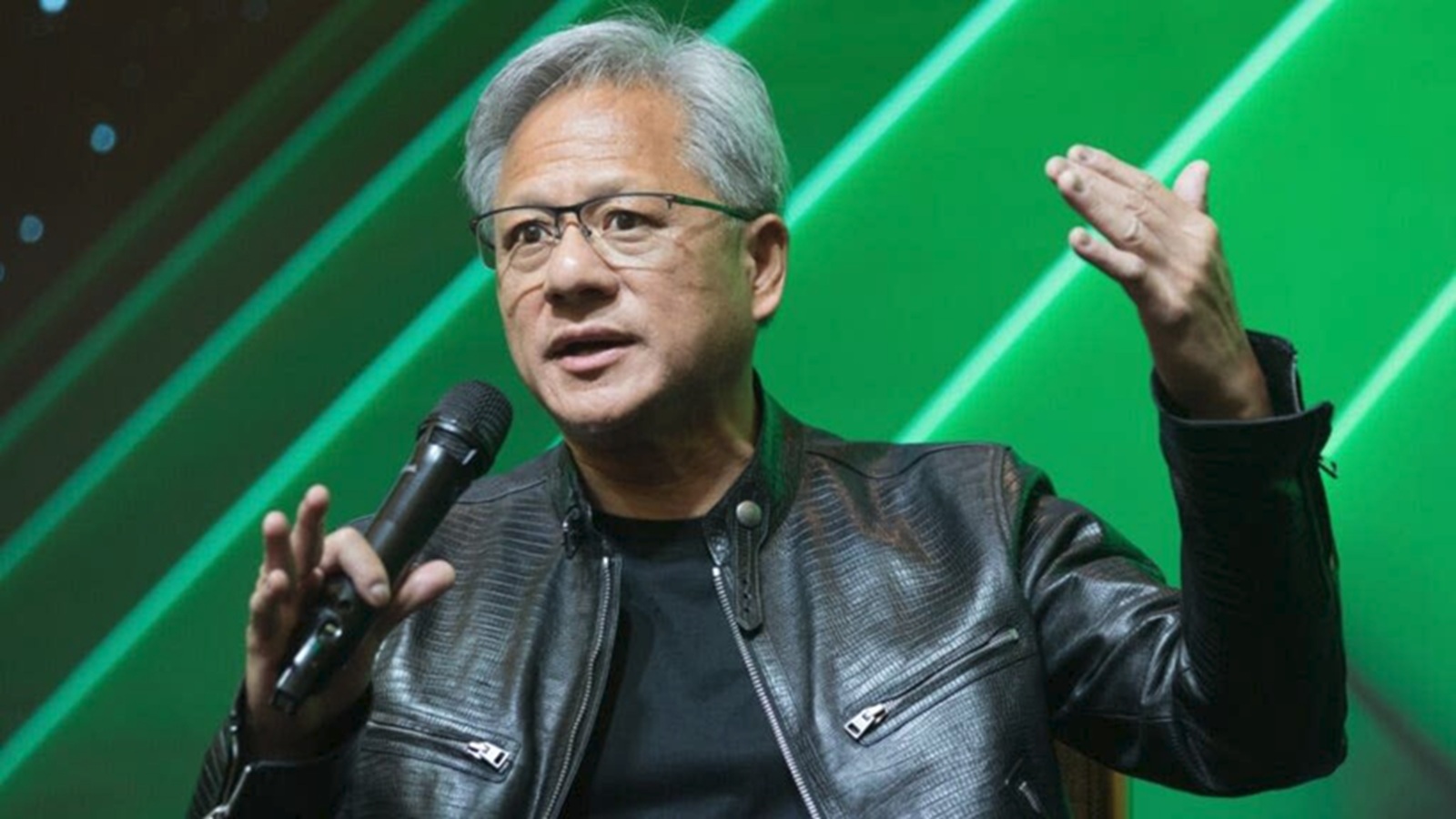By Girish Shukla
Copyright timesnownews

There is a certain fear many readers carry when approaching philosophy. The expectation of being lectured, drowned in jargon, or left behind by obscure arguments often keeps us away from shelves filled with names like Sartre, Nietzsche, or Montaigne. Yet every once in a while, a writer appears who shows that philosophy is not a locked room but an open conversation. Sarah Bakewell is one such writer. Also Read: Meet the Author Whose Books Feel Like Late-Night Voice Notes You’ll Never Send Bakewell has become known for her ability to take philosophers who can appear intimidating and present them as companions in the human adventure. She does not position herself as a gatekeeper to knowledge but as a fellow traveller who simply happens to have read deeply and thought carefully. It is this rare quality that has made her a much-loved voice among both general readers and seasoned students of philosophy. Philosophy Through Stories Bakewell’s breakthrough came with ‘How to Live: A Life of Montaigne in One Question’ and ‘Twenty Attempts at an Answer’. On paper, a book about a sixteenth-century French essayist should not have been a bestseller. Yet Bakewell managed to bring Montaigne to life, not as a distant historical figure but as someone with flaws, humour, and wisdom that speaks directly to our own time. Her approach was deceptively simple: rather than dissect Montaigne’s ideas in a cold analytical way, she placed them within the messy texture of his life. She treated him as a man dealing with war, illness, friendship, and loss, whose reflections on “how to live” remain urgent questions for us all. Readers found themselves unexpectedly moved and entertained, and the book won the National Book Critics Circle Award. By anchoring philosophy in stories, Bakewell showed that it could be both serious and accessible, demanding yet welcoming. At the Existentialist Café If Montaigne felt like a surprising success, Bakewell’s next project was even more ambitious. ‘At the Existentialist Café’ traced the rise of existentialism through the lives of Jean-Paul Sartre, Simone de Beauvoir, Albert Camus, and their circle. Rather than reducing them to dry doctrines, Bakewell invited readers to sit alongside these thinkers in smoky Parisian cafés, overhearing their debates about freedom, authenticity, and the responsibility of living in a turbulent century. What could have been forbidding became irresistible. Bakewell’s narrative style made existentialism feel like a cultural movement rather than a lecture. She showed how these philosophers grappled not only with theory but with love, politics, and the looming shadow of the Second World War. For readers, the book worked as a gateway. One could enjoy it without prior knowledge, yet leave it with a genuine grasp of existentialist thought. Here lies the secret of Bakewell’s gift. She never simplifies to the point of distortion, nor does she inflate herself as the sole interpreter of complex minds. Instead, she writes with curiosity and humility, allowing philosophy to breathe as part of life rather than as something reserved for experts. Humanism for the Modern Reader Her most recent book, ‘Humanly Possible’, continues this trajectory. Subtitled ‘Seven Hundred Years of Humanist Freethinking’, ‘Enquiry and Hope’, it traces the history of humanism from the Renaissance to the present day. Once again, Bakewell places emphasis on lives, stories, and the evolving struggles of people who dared to ask questions about meaning, morality, and freedom outside religious orthodoxy. In an age when public discourse is often shrill and fragmented, Bakewell’s book feels timely. She presents humanism not as a rigid ideology but as an ongoing conversation about how to live well with others. For readers weary of polarisation, her calm and thoughtful tone feels like a relief. Why She Matters Sarah Bakewell’s work reminds us why philosophy matters in the first place. It is not about winning arguments or showing off knowledge. It is about grappling with questions that do not have final answers but which shape our lives: how to live, how to be free, how to treat others, how to find meaning. What makes Bakewell unusual is her ability to approach these questions without arrogance. She is not writing to display mastery but to invite us into a conversation. She treats her readers as intelligent equals who deserve clarity rather than condescension. For many, Bakewell has become the author who made philosophy approachable for the first time. Her books often serve as entry points, encouraging readers to continue exploring Montaigne, Sartre, or humanism in more depth. The joy is that one never feels manipulated or talked down to. Instead, one feels accompanied. Also Read: Meet the Author Who Captures the Chaos of Your Twenties Too Perfectly The true gift of Sarah Bakewell’s writing is not just knowledge of Montaigne or Sartre. It is the sense that philosophy is not locked in ivory towers or trapped in unreadable tomes. It is available in the café, in friendship, in our private struggles and joys. By blending biography with ideas, narrative with reflection, she makes philosophy cool again without ever sounding like a know-it-all. The giveaway for the reader is simple yet profound: after finishing one of her books, you carry with you not just information but a new way of looking at your own life.



